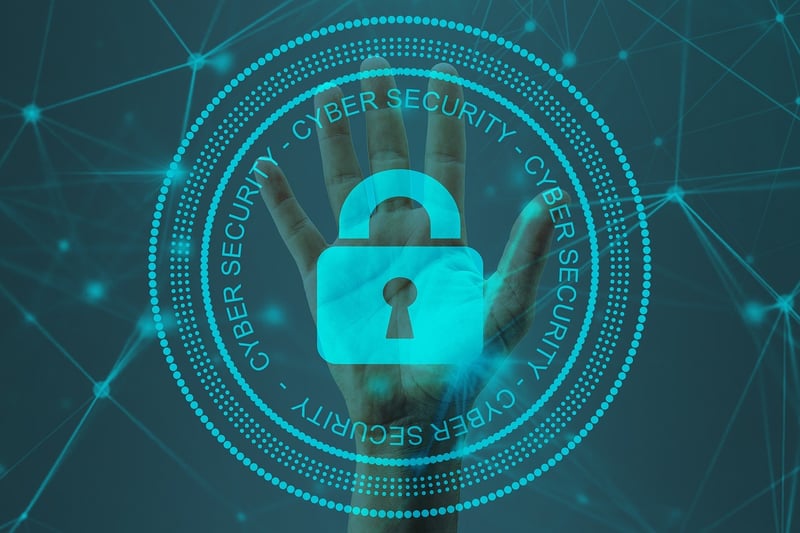Security Measures
Essential Information for Beginners in Online Security
Introduction
Welcome to the digital world! As a beginner navigating the online sphere, it's crucial to prioritize your security to safeguard your data and privacy. Here are some essential tips to help you stay safe online.
Strong Passwords
One of the first steps in securing your online presence is to use strong and unique passwords for each account. Avoid using easily guessable information like birthdays or pet names. Consider using a password manager to generate and store complex passwords securely.
Enable Two-Factor Authentication (2FA)
Adding an extra layer of security through two-factor authentication significantly enhances your account protection. 2FA typically requires you to enter a code sent to your phone or email after entering your password.
Beware of Phishing Attempts
Phishing is a common tactic used by cybercriminals to trick individuals into providing sensitive information. Be cautious of emails or messages asking for personal details or directing you to click on suspicious links.
Keep Software Updated
Regularly updating your operating system, antivirus software, and applications is crucial for staying protected against known security vulnerabilities. Set your devices to automatically install updates whenever possible.
Secure Your Wi-Fi Network
Ensure your home Wi-Fi network is secure by using a strong password and encryption. Avoid using default network names and passwords, and consider hiding your network's SSID to prevent unauthorized access.
Use Secure Websites
Look for the padlock symbol and "https://" in the website address before entering any sensitive information. Secure websites encrypt data transmitted between your browser and the site, protecting it from interception.
Limit Information Sharing
Be cautious about sharing personal information online, especially on social media platforms. Review privacy settings to control who can view your posts, and avoid posting details like your address or phone number publicly.
Regular Backups
Back up your important files and data regularly to an external hard drive or cloud storage. In case of a cyber incident like ransomware, having backups ensures you can recover your information without paying a ransom.
Conclusion
By following these essential security practices, you can significantly reduce the risks associated with being online. Stay informed, stay vigilant, and prioritize your security to enjoy a safer and more secure digital experience.
Additional Resources


